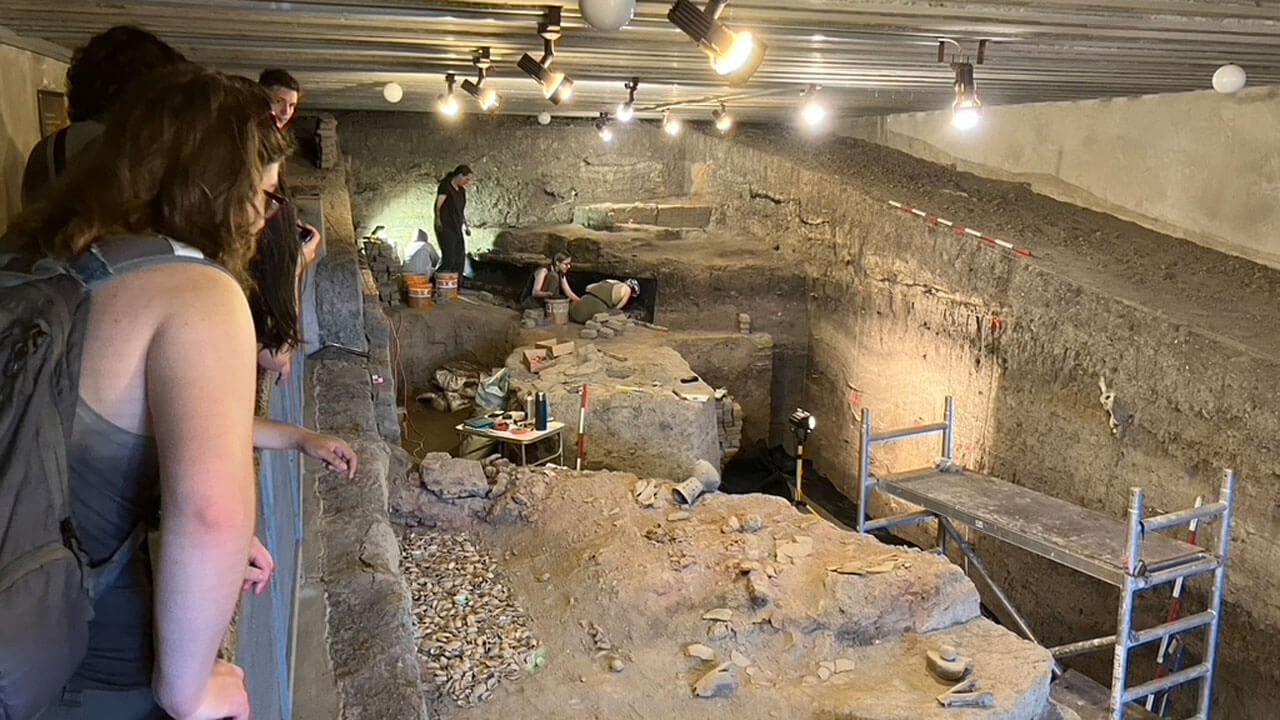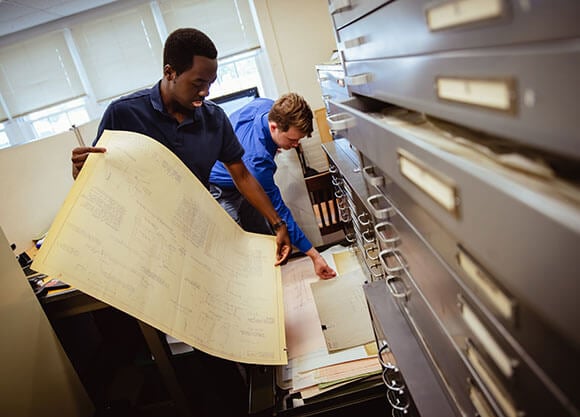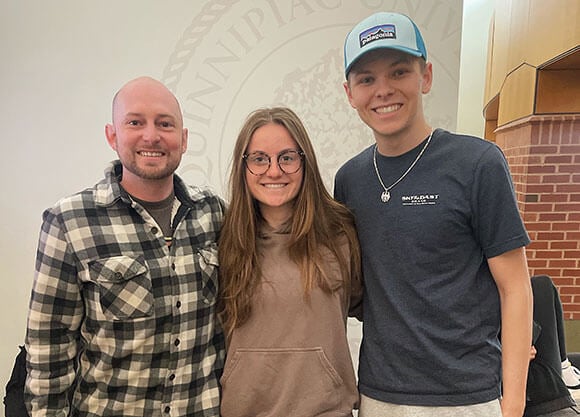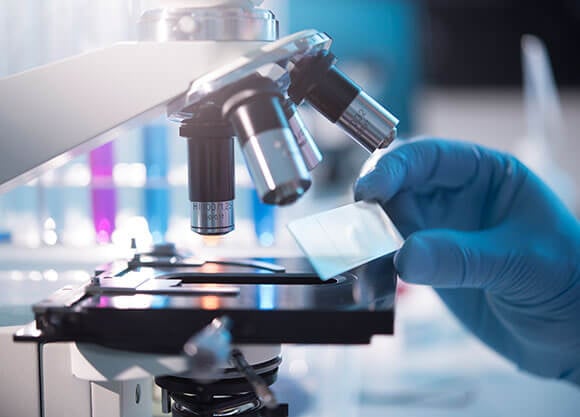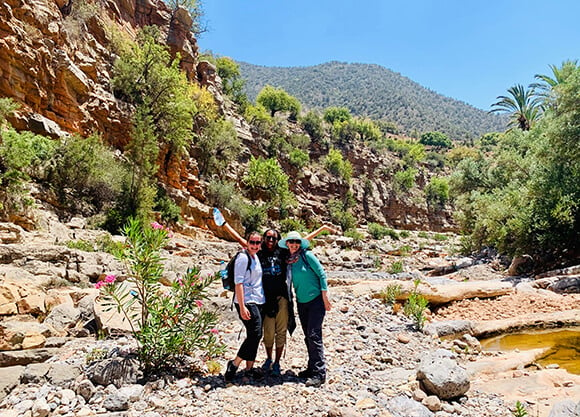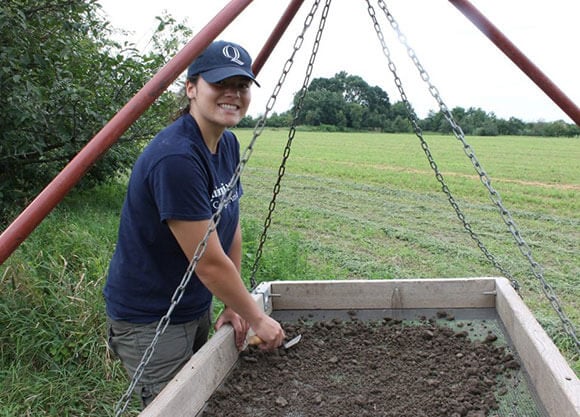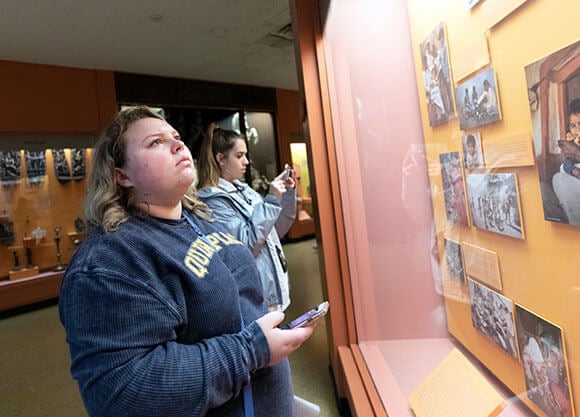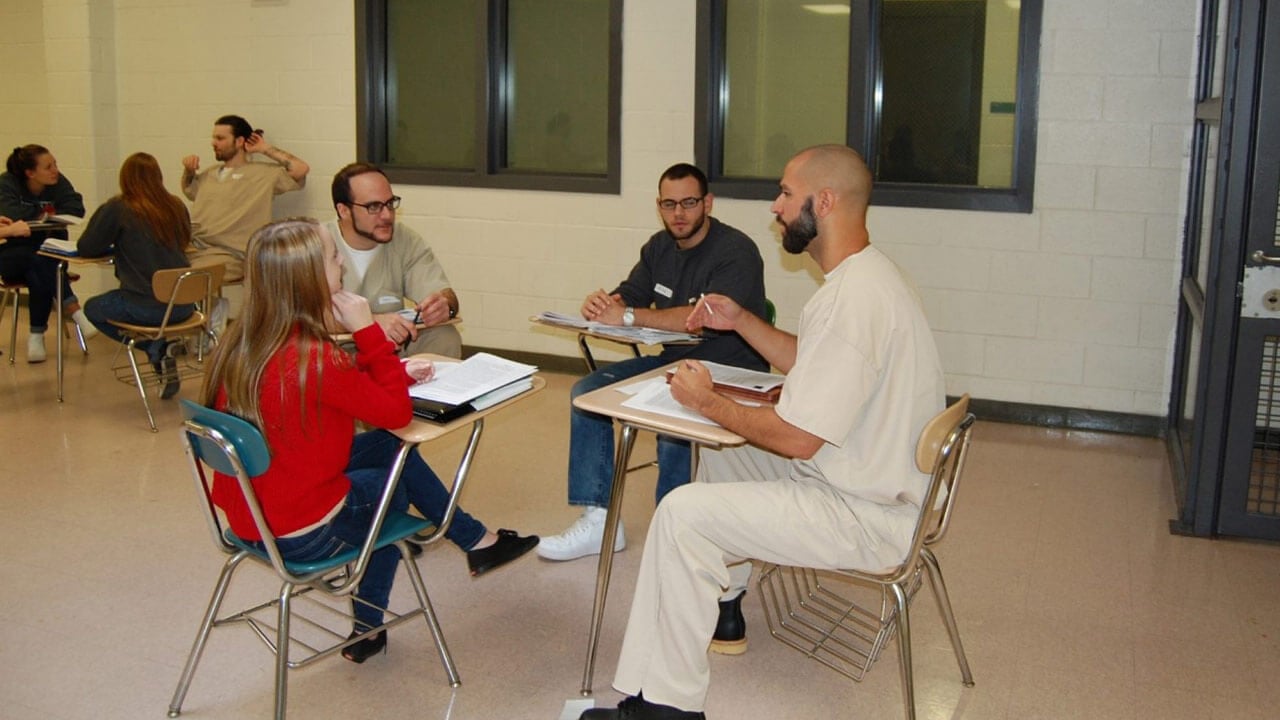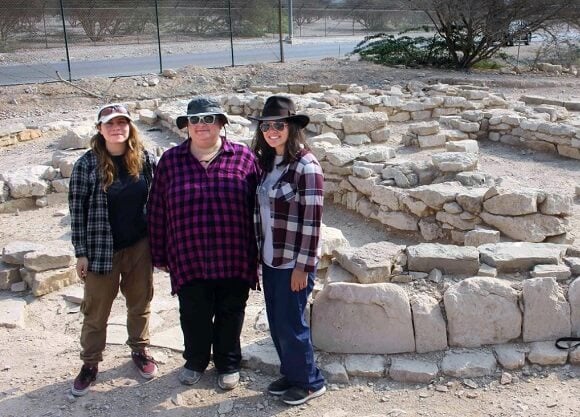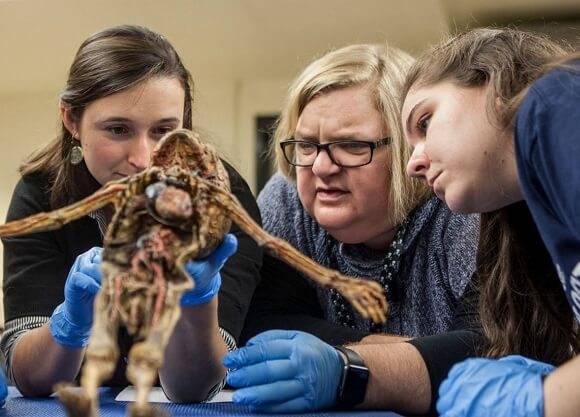Forensic science is an inherently interdisciplinary field that challenges students to apply an inquiry-based approach to solving complex problems. By taking courses in anthropology, biology, chemistry, criminal justice and psychology, students will enhance their ability to use logic, construct arguments and analyze data in preparation for further graduate study or careers in law enforcement, government, health sciences and crime scene investigation.
Program Overview
The Minor in Forensic Science provides anthropological, biological, psychological and sociological insights that enhance our understanding of issues affecting law, law enforcement, government, health sciences, policymaking and other fields. The minor complements many majors at the university, especially biology, chemistry, criminal justice, political science, psychology and sociology.
Our expansive curriculum introduces students to the full spectrum of forensic science. Courses in the physical sciences will teach students how to gather and analyze evidence, culminating in a better understanding of how biology, toxicology, chemistry, serology and anatomy come together to unearth previously-unseen answers to critical hypotheses.
Courses in the social sciences augment these findings, as students learn investigative techniques, interview strategies and the legal and ethical considerations that are crucial to a successful career in reshaping and supporting our justice system.










